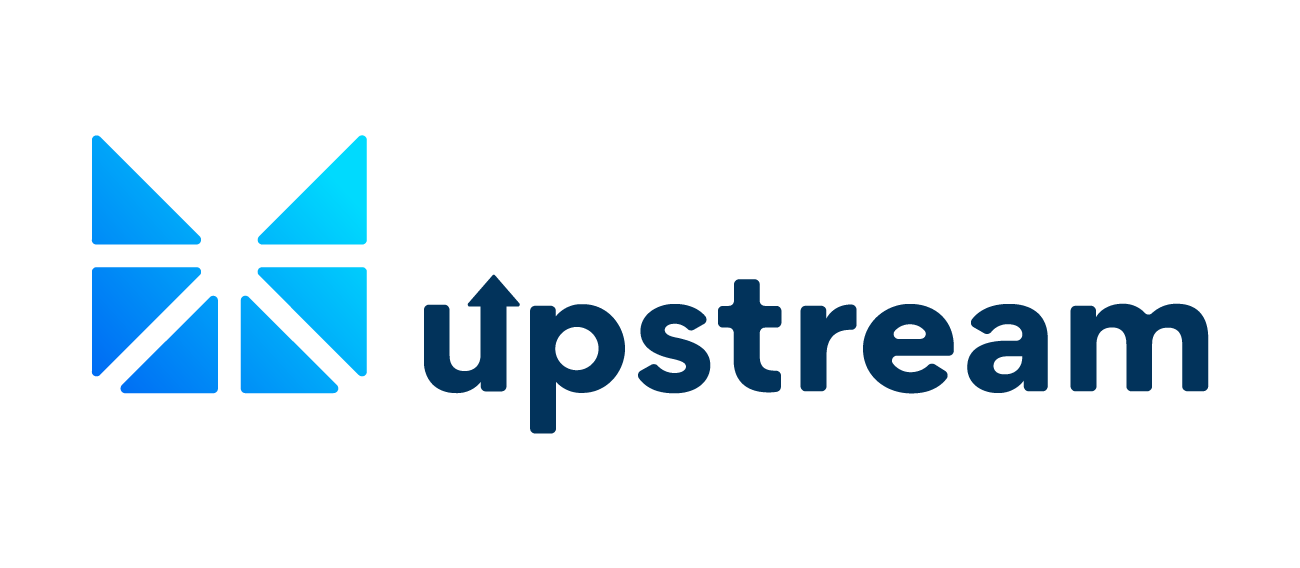
By Vanessa Malone
In today’s digital world, users have come to expect high-tech, high-touch interfaces, personalized experiences, security, and transparency. We see this demand across social media platforms, online shopping, banking, investing — almost every aspect of our everyday activities are becoming increasingly digitized.
On one side, this is great. With new technology comes new and creative ways to streamline mundane processes. For example, we no longer have to go to the bank to deposit a check, and we can unlock credit cards on our phone with a quick face ID.
In exchange for simplicity, users are getting more and more comfortable with putting private information online. Unfortunately, these hubs of personal data have become gold mines for fraudsters and bad actors to use the same technology for nefarious schemes in attempt to hack or game the system. This cat and mouse game means that the more digital and advanced everything becomes, the more compliance requirements are necessary to counter more advanced crimes.
Increasing Know Your Customer “KYC” and Anti-Money Laundering “AML” requirements continue to make headlines as regulators publish and put emphasis on these initiatives in the U.S. and globally.
This year…
- Both the Financial Industry Regulatory Authority (FINRA) and the the U.S. Securities and Exchange Commission’s (SEC) Office of Compliance Inspections and Examinations (OCIE) labeled AML compliance as a high priority for 2019.
- The inter-governmental body, the Financial Action Task Force (FATF) came out with new AML and compliance guidelines in June.
- More recently on October 11th, the U.S. Commodity Futures Trading Commission (CFTC), the Financial Crimes Enforcement Network (FinCEN), and SEC issued a joint statement reminding businesses and persons involved with digital assets of their AML and Financing of Terrorism (CFT) obligations under the Bank Secrecy Act.
That’s just to name a few.
These requirements are leading banks, regulated firms, and other companies dealing with traditional or blockchain assets to implement or upgrade their current compliance checks to keep up. We’ve identified two considerations we believe firms should focus on when upgrading their compliance programs.
Consideration 1- Enhancement not automation
Many firms or issuers are attempting to find solutions which automate the KYC/AML process completely. On a technical level, we don’t believe the world is there yet. While technology can be used to greatly enhance and streamline the data collection process, we believe that human intervention is still necessary to review, verify, and clear important onboarding information. Technology dramatically shortens the process. What would typically take days or hours can be shortened to seconds. For example, it typically takes only 90 seconds for a compliance officer to accurately review a submission organized by our KYC/AML smartphone app.
Secondly, in order for some KYC or identity verification providers to “automate” the process, nonpublic personal information is at times outsourced to nonaffiliated third parties (some of which are based in other countries) to perform investor checks and save time and money. This could be detrimental to the protection of investor or user identity information if a third party gains access to this sensitive data and may even violate the Regulation S-P data protection standards as enforced by SEC rules promulgated under section 504 of the Gramm-Leach-Bliley Act.
Consideration 2- Don’t sacrifice user-friendliness
Just because compliance requirements are increasing, doesn’t mean the amount of time it takes to onboard a user has to change. What Horizon’s smartphone app showcases is the ability for KYC and AML to be integrated into the onboarding process without disrupting the user experience.
Our white-label KYCWare solution is customized to match the client’s brand. We believe that keeping identity verification, suitability, and other relevant screening processes under a company’s likeness maintains trust, reliability, and offers an on-brand experience from start to finish.
The app also maintains the features discussed at the beginning of the blog. Investors or users download the app from the Apple App Store or Google Play Store. Although the users are taken through advanced ID, document, and identity verification technology including anti-gaming features, a Machine Readable Zone ‘MRZ’ scanner and liveness detection, the interface is intuitive and adaptable. For example the forms auto-adjust depending on a users jurisdiction and regulatory requirements in order to maintain a personalized, yet compliant, investment process.
Once submitted, user data is automatically screened against a proprietary database of global sanctions, politically exposed persons (PEPs), watchlists, and bad actor blockchain wallets. To make the data collection process secure and organized, a hashed record of all submissions, scans, clearances and other transactions are recorded on the Ethereum public blockchain. This ensures transparency and protection for both the user and the firm.
As you can see, increasing compliance requirements are not so bad once you realize there is tech out there to match.
To see how Horizon’s solutions can seamlessly integrate into your company or offering, please reach the team at horizon@horizon-globex.com. For more information, please visit https://kycware.com/ or https://amlcop.com.

